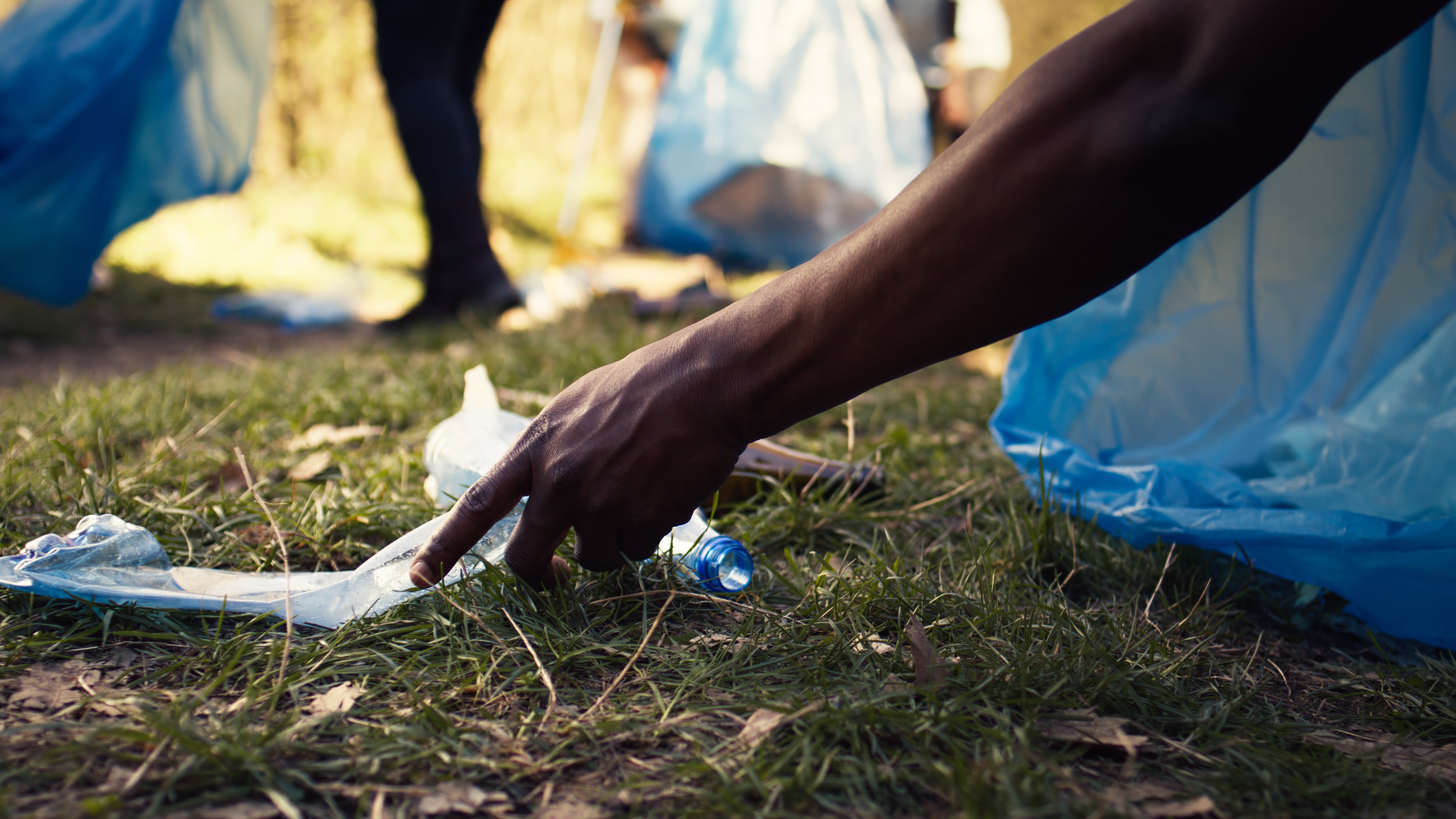Environmental Challenges and Innovations: How Startups are Tackling Plastic Waste in Africa

Over the years, the calls against plastic use and plastic pollution seem to have become too loud to be ignored. I use the word witness because as a senior content writer for over ten years, I experienced the rise and growth of this problem with most of its relevance in Africa. Africa is a continent endowed with diverse ecosystems and abundant resources. And yes, it has severe environmental threats. However, the continent has a relatively young and active startup ecosystem that is willing to take on the challenge of plastic waste. In today’s blog, we will look at some of the most creative solutions that these startups have in relation to plastic waste and how they want the world to be like in the near future.
Plastic pollution has become a growing concern in Africa. As the urban population skyrockets, plastics are continuously increasingly purchased which impacts the animals, waters, and even the people. As per recent statistics, the continent of Africa reports roughly over 15 million tons of plastic waste each year and a large proportion of it is disposed of in landfills or, even worse, ends up in the environment. This is a crisis that needs to be addressed as a matter of priority and fortunately, another set of startups are rising to the opportunity and challenge.
There’s something delightful about how the African ecosystem seamlessly innovates even when in difficult situations. People are making use of waste, culture and technology in creating positive systems that would help in the reduction of plastic waste. A shift is occurring. For example, businesses are looking for ways to make upcycling of plastic waste to be more lucrative.
This not only contributes to waste reduction but also provides fresh employment opportunities and boosts the local economies.
One company to reflect this wave is EcoPost, a startup based in Kenya. EcoPost takes waste plastic from the pavements and converts them into long lasting fence posts. This not only prevents plastic from reaching landfills but also offers a substitute for wood, preserving Kenya’s forests. The beauty of this asset is that it doesn’t only reduce waste but promotes greener alternatives and the combination is what enables startups to flourish in a circular economy model: waste becomes feedstock.
Another example of a worthy innovation is in Nigeria where the startup RecyclePoints has created a distinct model that rewards people for recycling. Through points that are accumulated through the establishment of collection centers and offering points to participants redeemable for goods and services, RecyclePoints was able to motivate communities to take part in recycling activities. This initiative solves the problem of plastic waste and at the same time teaches the culture of respecting the environment among the citizens demonstrating how vital self-coordinated efforts are in overcoming plastic pollution.
City-dwelling Africans and even rural folks for that matter are catching on ways to turn the tides against plastics, thanks to technology. Companies such as Wecyclers in Nigeria are implementing technology to improve the recycling model. It is possible for people to ask for collection of their recyclable trash using a mobile application hence making recycling easy. By addressing the issue of waste inending devices, these startups are not only boosting the recycling rate, but also changing the business of waste management zeros and ones.
Also, education is crucial to the reduction of plastic waste. Organizations such as South African Greenpop, work towards educating people on the issues of plastic pollution. In this case, Greenpop provides workshops, community events and education programs that help people make choices on plastic use and disposal. By providing education, such initiatives are raising a generation that respects the environment and is willing to take action.
Nonetheless, the path towards achieving a plastic free Africa has some hurdles. Insufficient waste management and recycling facilities and lack of government support can hamper the growth of such start ups in Africa. A successful outcome requires all parties be involved including governments, the business sector and the local communities. For such start ups desiring to work in Africa to be successful, there is need for policies that enhance good waste management.
Further, on the one hand it is registration that start ups are taking the lead, on the other hand bigger players should also take their responsibility. There are corporate social responsibility initiatives that are focused on sustainability to move along with the start ups. It is also possible for big corporations to work with such inventors and use their resources to expand the ideas for a better environment.
The last piece of this report examines the theater of active and future interventions focused on the issues of plastic waste in Africa. This is a fight that cannot be won in isolation. Africa as a continent possesses the most plastic waste potential and as such, is the most ignored. But as startups, we are leading the charge in designing holistic systems that make waste management a social norm. It is an arduous battle ahead but we can and will engage with the authorities to steer the shifting tides of plastic waste management in Africa. Entrepreneurs all over the continent possess this creativity as a great driver for change – sustainable change. It is the dawn of a new era, an era where ecology and economy are no longer at odds with each other. Together, we can affect that future into being.